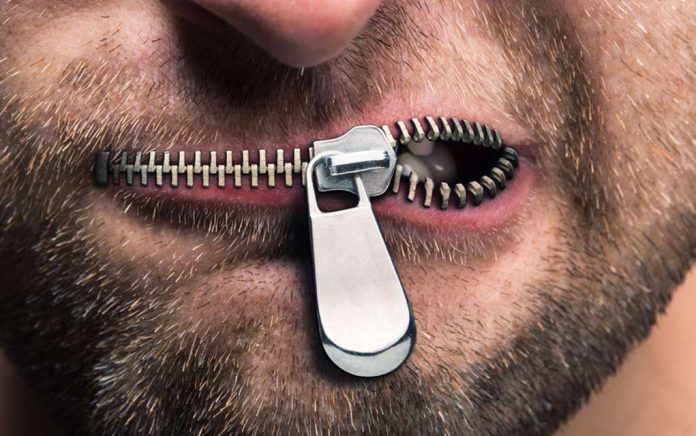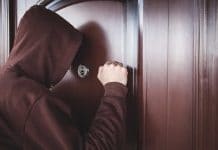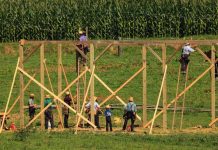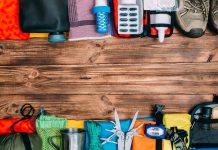
(TacticalNews.com) – For those unfamiliar with the term, OPSEC stems from the military and stands for operations security. This means keeping vital information close to the chest and out of enemy hands. For preppers, it involves keeping their prepping a secret so that unwelcome visitors don’t come seeking them out when disaster strikes.
After investing the time, energy and money required to establish a stockpile of essential supplies for the family, you don’t want John and Jane Doe coming to look for a handout because they didn’t have the foresight to prepare ahead. True OPSEC goes beyond keeping a lid on what you talk about, however, and can be harder to accomplish than it seems at first glance.
To explain exactly how OPSEC applies to prepping, and how you can begin to implement it, City Prepping has created the following video:
Simply put, OPSEC is keeping critical information about your home, supplies, and routines away from those who could use it against you. This goes beyond not talking to your distant relatives about your prepper pantry over Thanksgiving dinner. For example, if your neighbors can see you bringing large quantities of food, water, or other essentials into your home, they will know you have it when S hits the fan. Desperate people will do dire deeds to feed themselves and their families — including breaking into your home to take what you have.
The fewer people who know about what you have, the better off you will be should a disaster strike. If they don’t know, they can’t target you to get it.
How to Implement OPSEC in Your Home
To implement OPSEC, here are three practical steps you can take:
-
- The first rule of prepping: don’t talk about prepping. Beware of what you talk about, and who is listening. Never discuss prepping in public areas, and make sure your immediate family knows to keep these activities secret as well. This includes withholding information from neighbors, friends and even extended family members. Keep in mind that people in general love to gossip, and your new hobby could quickly become the talk of the town. They may laugh at you now, but should a disaster strike, that laughter will become crosshairs in a hurry.
- Keep Stockpiles Hidden. Even if you don’t talk about prepping, if your friends come over for a game night and see 50-pound bags of rice piled up, they’re going to raise some questions. The same thing applies to rain collection systems, for example. These are a dead giveaway that the homeowners are preppers. If you choose to have rain collection systems, it’s a good idea to disguise them so passersby won’t think twice about them. Having prepping gear delivered to your home can let the mailman or UPS driver know what you have, and who knows how far that information will spread from them. Even the act of unloading gear or food preps from your car can tip off others as to what you are up to. Remember the old adage out of sight, out of mind.
- After SHTF. Keeping your supplies secret once a disaster strikes is as important as keeping them hidden before, maybe even more so. Having backup power when everyone else is living in the dark will be a dead giveaway, as will cooking steaks on the grill out back when the masses have been without food for days. Remember the point about desperate people above? If it is obvious you aren’t suffering while everyone else is, you will instantly become a target. This could be harder to hide than you may think. When everyone else is beginning to starve, they will notice that you aren’t showing the effects of malnutrition. You may have to ration out food so that you lose weight to blend in with those around you. Consume enough to survive, but not enough to raise eyebrows. This involves taking the gray man concept to a whole new level.
Prepping takes dedication, not only to learn the skills necessary to survive and stockpiling supplies, but also to keep this knowledge hidden from potential adversaries. You don’t want to put all of that time and effort into preparing your family only to have it stolen by a friendly neighbor who became feral from hunger.
To see more about how to prepare for an emergency situation, check out our article on survival drills for the family.
How do you feel about keeping your disaster preparedness a secret? Do you think it is a good idea or a waste of time? Reply to your email and let us know, we would love to hear from you!
Copyright 2021, TacticalNews.com



















